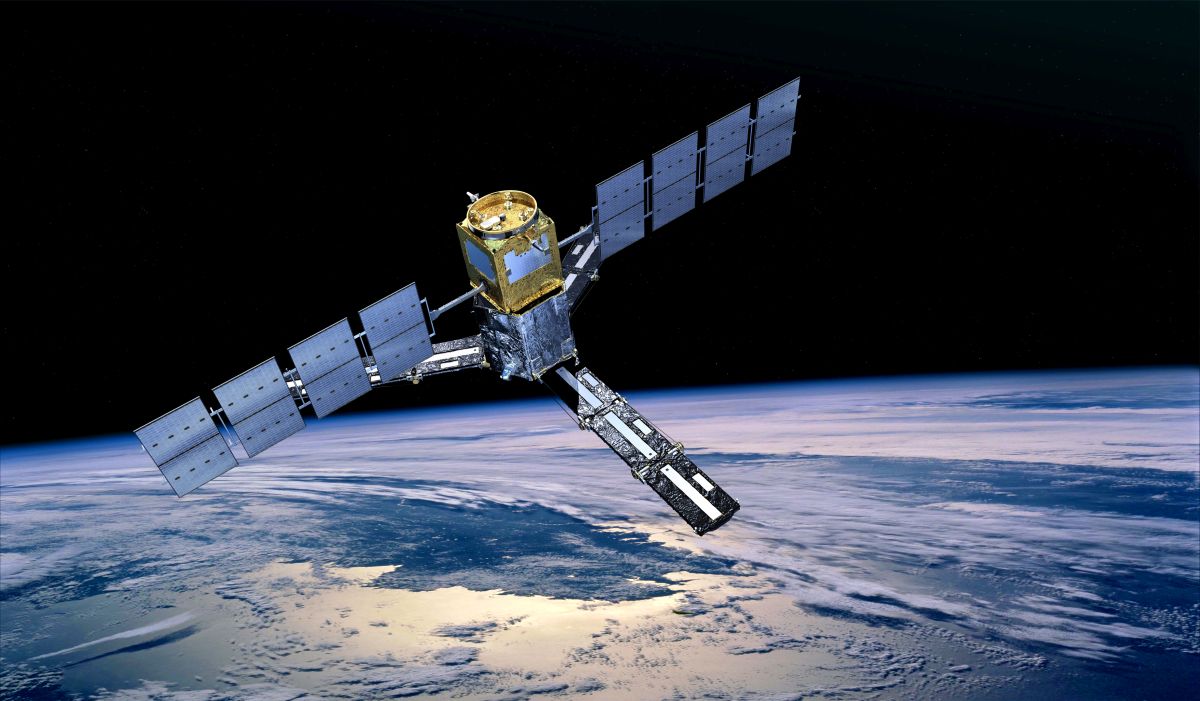
The UN's Food and Agriculture Organisation and Google are working together to make high-resolution satellite data an everyday tool in managing the world's natural resources.
It is a joint effort that both organisations say will change the way the world goes about pursuing sustainable development.
Director-General José Graziano da Silva and Rebecca Moore, Engineering Manager at Google Earth Outreach and Earth Engine, hailed the intensification of the recently-established partnership at a joint event after a busy week of training and brainstorming at FAO's headquarters in Rome.
The collaboration already allows resource managers and researchers in many countries to gauge changing land uses of individual field-sized plots seen by eye-in-the-sky satellites.
The method offers a quantum leap towards improved abilities to assess a landscape's carbon storage capacity or plan a nation's approach to greenhouse gas emissions.
For example, easily accessible and rapidly-updated remote sensing data enable a shift in forest management from inventory reports to taking the almost real-time pulse of forests, thus opening a host of new policy prospects and further opening the doors of scientific perception.
FAO and Google are "ushering in an unprecedented level of environmental literacy," said Graziano da Silva.
The initial focus is the forestry sector, where national experts can, after a short training, use FAO software and Google's accessible geospatial data archives to conduct - in a few hours - mapping and classification exercises that used to take weeks or months.
Opportunities for future collaboration are vast, and may lead to innovation in a range of issues from dietary nutrition and pest control to water management and climate change.
"The more people involved, the better it works," said Graziano da Silva.
"Understanding the effects of climate change, planning the improvements in the efficiency of production and distribution of food, and monitoring progress towards the Sustainable Development Goals require more frequent and precise data on the environment and its changes," he added.
"Partnerships like this bring our products into actual use," said Rebecca Moore, Director of Google Earth, Earth Engine and Earth Outreach, a team she described as "built to do science."
The partnership with FAO is a way "we can each bring our unique strengths to make a change for future generations", she said.
